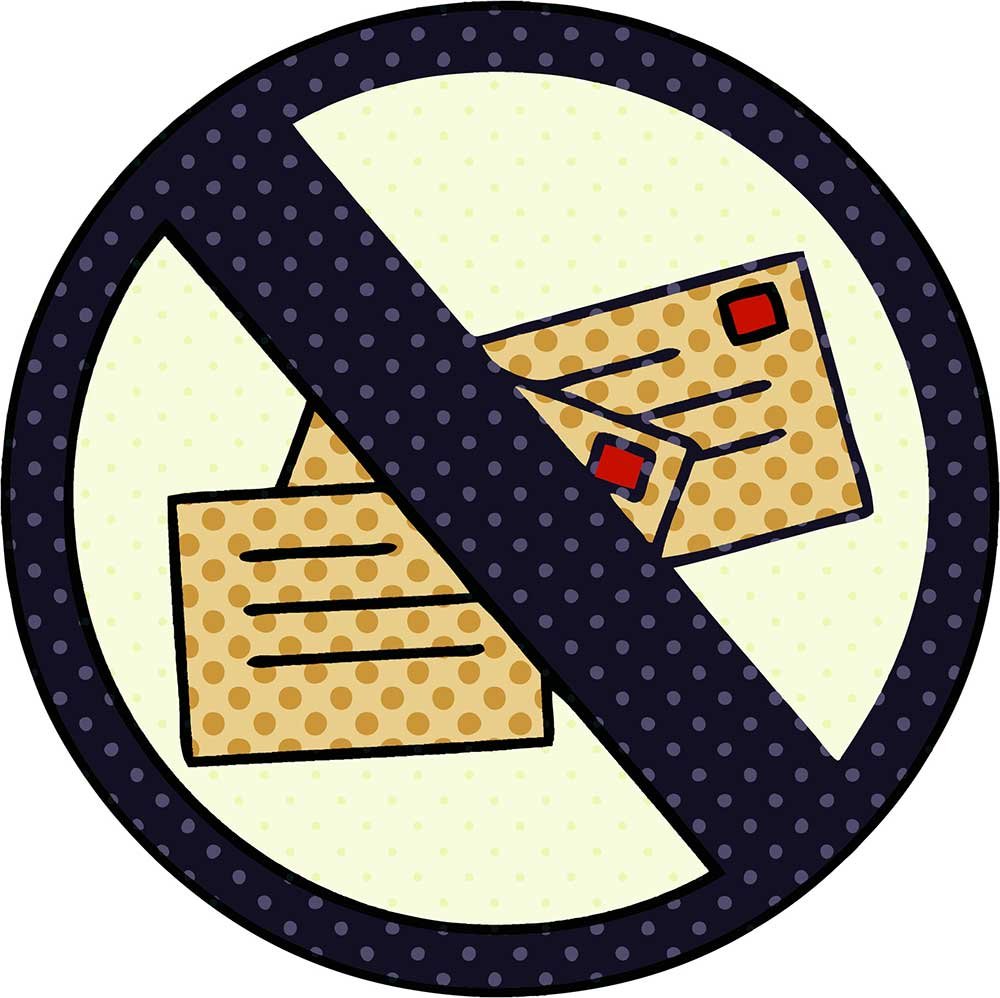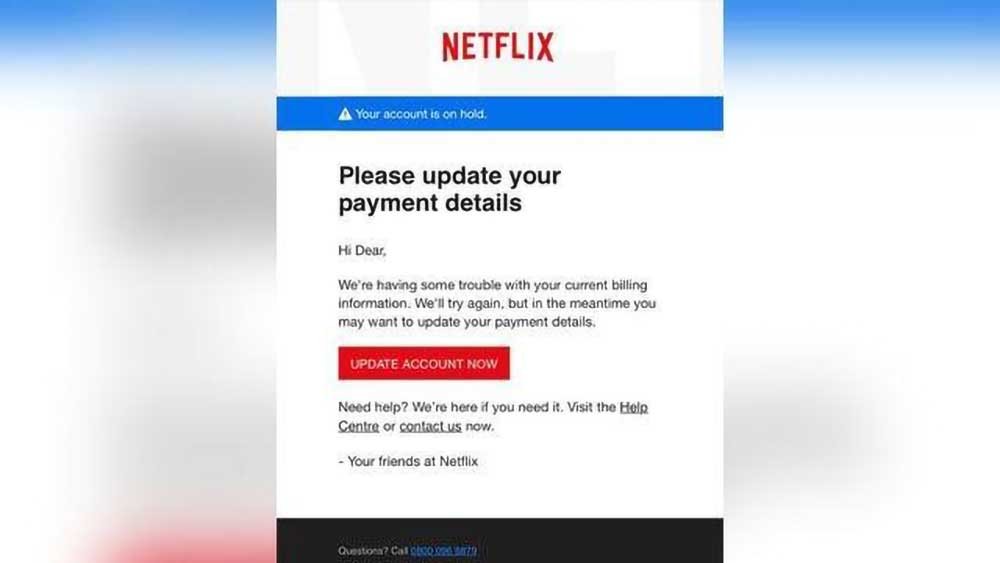By Patrick J. Kiger, – AARP
Published January 16, 2024
When U.S. Air Force veteran Amanda Pelletier, 49, set out to decorate the new home in Spring Branch, Texas, that she and her husband, Michael, 52, had purchased after their retirement from the military, she needed some side tables and other pieces of furniture. Like many people these days, she searched online and connected with a seller through Facebook Marketplace, the popular shopping site that’s part of social media platform Facebook.
Pelletier felt safe with her seller, who dealt in refurbished furniture and had previously sold a piece to Pelletier’s adult daughter. “I thought I was dealing with a real businessperson,” she explains.
Join AARP for $12 for your first year when you sign up for Automatic Renewal. Get instant access to members-only products and hundreds of discounts, a free second membership, and a subscription to AARP The Magazine.
Pelletier ordered $4,200 worth of items, sending the money through a payment app that she says the seller insisted on using, and waited for her furniture to arrive. But it never did. Instead, the seller “started giving me excuses why she couldn’t deliver, like she got sawdust in her eye from doing the refurbishing,” Pelletier says. “It just snowballed, and got worse and worse.” Eventually, she realized “I was being scammed.”
Pelletier isn’t the only shopper who’s encountered a scammer on Facebook Marketplace, which debuted in 2016 as a rival to Craigslist and has grown into a massive e-commerce site where users can shop for everything from toys and pet supplies to used cars and houses. While Facebook Marketplace is a good place to find just about anything you might be looking to buy, the site’s popularity also attracts criminals who use a variety of scams to steal shoppers’ money, including peddling wares they never actually send.
Play Video
Sellers, too, are often inundated by messages from scammers, some of whom may be trying to get their personal information, the Better Business Bureau (BBB) recently warned. It noted that criminals have been asking sellers for their phone numbers so that they can text them a verification code — part of a process they can use to commit identity theft.
Facebook Marketplace’s size and familiar brand name may lull some shoppers into complacency, says Amy Nofziger, director of victim support for the AARP Fraud Watch Network. “But people need to understand that just because it’s on a big platform like Facebook, that doesn’t mean that anyone is vetting the sellers,” she cautions. “You have to go into it with eyes wide open.”
For full story, visit the AARP website







